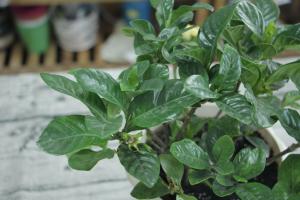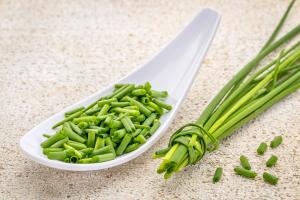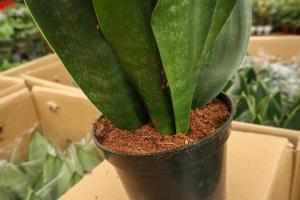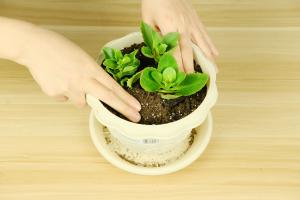Introduction
Cherry tomato plants are a popular choice for home gardeners due to their compact size and delicious taste. However, it can be frustrating when your cherry tomato plants seem to be stunted or not growing as well as they should. In this article, we will explore some of the possible reasons for a cherry tomato plant not growing and how to address them.
Insufficient sunlight
One possible reason for a cherry tomato plant not growing is a lack of sunlight. Tomato plants require at least 6-8 hours of direct sunlight each day to grow properly. If your cherry tomato plant is not receiving enough sunlight, it may become stunted or produce small, underdeveloped fruit.
To address this issue, consider moving your cherry tomato plant to a sunnier location or adding a reflective mulch around the base of the plant to increase sunlight exposure. You can also use artificial lighting, such as grow lights, to supplement natural light if necessary.
Poor soil quality
Another factor that can contribute to a cherry tomato plant not growing is poor soil quality. Tomato plants require well-draining, nutrient-rich soil to thrive. If your soil is compacted or lacks essential nutrients, your cherry tomato plant may struggle to grow and produce fruit.
To address this issue, consider amending your soil with organic matter such as compost or aged manure. You can also add a balanced fertilizer specifically designed for tomatoes to ensure that your plants are receiving adequate nutrients.
Pest infestations
Pests such as aphids, spider mites, and whiteflies can also contribute to a cherry tomato plant not growing. These insects can suck the sap from the leaves of your plant, causing it to weaken and become stunted. Additionally, some pest infestations can introduce diseases to your plant, which can further stunt growth and harm fruit production.
To address this issue, it is important to regularly inspect your cherry tomato plant for signs of pest infestations. If you notice any pests, immediately remove them by hand or use an insecticidal soap or neem oil spray to kill them. Additionally, consider using natural pest deterrents such as companion planting or row covers to prevent future infestations.
Improper watering
Over- or under-watering your cherry tomato plant can also contribute to stunted growth or poor fruit production. Tomato plants require consistent, even moisture to grow properly. If your soil is too dry or too wet, the plant may struggle to take up nutrients and produce fruit.
To address this issue, ensure that you are watering your cherry tomato plant consistently and evenly. Water deeply once or twice per week, depending on environmental conditions, and avoid overhead watering which can lead to fungal diseases. Additionally, consider adding a layer of mulch around the base of your plant to help retain moisture in the soil.
Conclusion
If your cherry tomato plant is not growing as well as it should be, there are several possible factors to consider. By addressing issues such as insufficient sunlight, poor soil quality, pest infestations, and improper watering, you can help your cherry tomato plant thrive and produce delicious, healthy fruit.

 how many times do yo...
how many times do yo... how many planted tre...
how many planted tre... how many pine trees ...
how many pine trees ... how many pecan trees...
how many pecan trees... how many plants comp...
how many plants comp... how many plants can ...
how many plants can ... how many plants and ...
how many plants and ... how many pepper plan...
how many pepper plan...
































